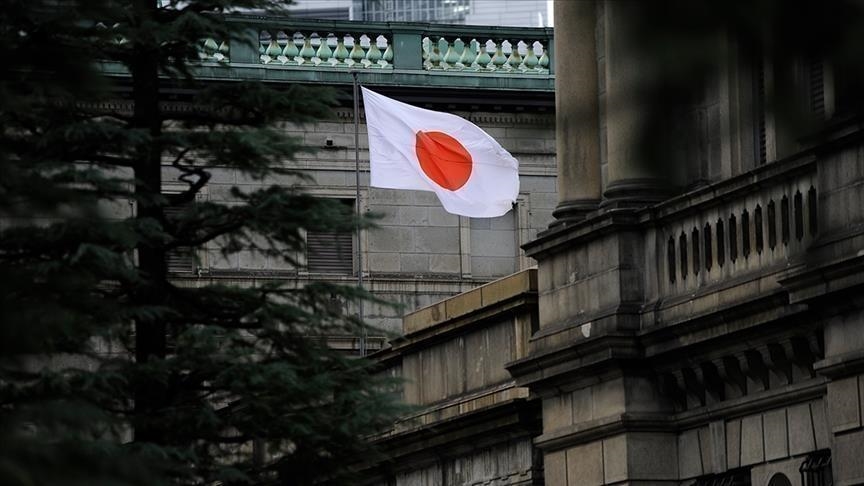Japanese government panel approves producing human embryos from stem cells
Experts want to determine whether human eggs, sperm created from induced pluripotent stem cells, embryonic stem cells function normally

ISTANBUL
A Japanese government panel approved on Thursday the production of human embryos from pluripotent stem cells for research purposes, Kyodo News reported.
A bioethics panel said in a report that embryos created from stem cell-derived sperm or eggs should be cultured for no more than 14 days, as per the current limits for fertilized egg research, and must not be implanted into a human or animal uterus.
The report, which may prompt a revision of current guidelines, warns of ethical concerns, as implantation could potentially lead to human birth.
The aim is to determine whether human eggs and sperm created from induced pluripotent stem (iPS) cells or embryonic stem (ES) cells function normally. The iPS cells come from adult tissues like skin, while ES cells are derived from early embryos -- both can develop into any body cell type.
Although no human eggs or sperm have been made from stem cells, precursor cells have been created, and mice have already been born from the techniques. The panel expects human applications to soon become "technologically feasible."
The report stresses that stem cell-derived embryos should be treated like conventional fertilized eggs, created only in necessary numbers, and may also be used in comparative studies.








